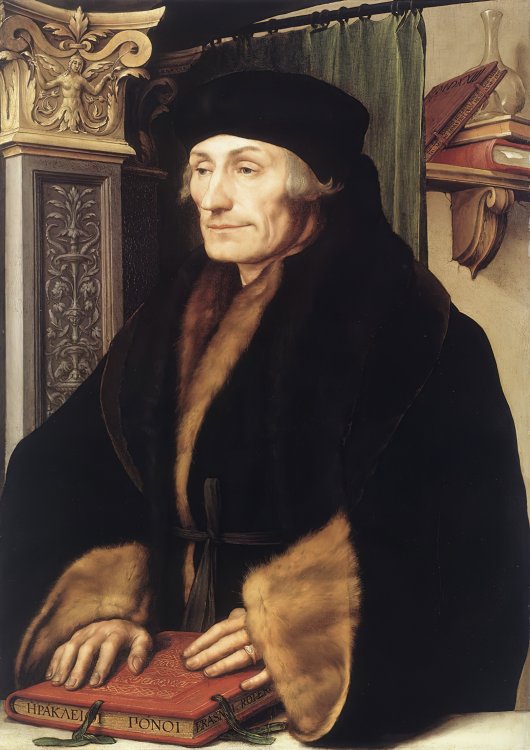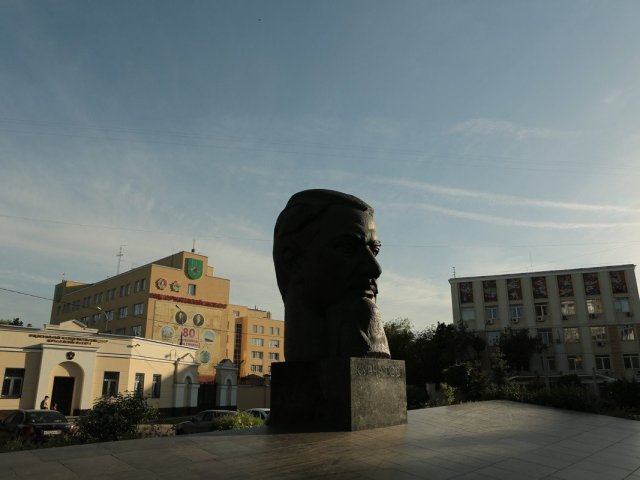Erasmus of Rotterdam, a Dutch philosopher, humanist, one of the greatest scholars of the Northern Renaissance, was born on October 28, 1469
Erasmus of Rotterdam became an iconic figure of his era not only for his contribution to the development of the ideas of humanism. He was a scholar who excelled in almost every field: philosophy, mythology, political science and sociology. He transcended his time and shaped the development of many sciences, drawing his strength for scientific achievement from his travels.
The scientific journey of Erasmus of Rotterdam began with the principles of philology: as a child Gerhard Gerhards (the real name of the scholar) developed an interest in antiquity, which only grew stronger over the years and eventually bore fruit. The researcher spent many years collecting, translating, and interpreting the works of ancient writers. This resulted in countless translations of many books, including an edition of the works of ancient Greek tragedian Euripides, and ancient Greek satirist and the first fiction writer Lucian.
His parents had been preparing their son to become a priest since childhood, but Gerhard chose a somewhat different path. His other line of work was the scientific study and interpretation of the Gospels as well as Epistles of the Holy Apostles. He was later found to have laid a solid foundation for the emergence of Protestantism within the Christian religion.
The third focus of the scholar is pedagogy. Erasmus of Rotterdam is recognized as the founder of humanistic pedagogy. He embodied his basic concepts in such works as: "On the Initial Education of Children," "On the Welfare of Children," "Conversations," "The Method of Teaching," and "The Way to Write Letters." The scholar believed that every child deserves a respectful attitude and comprehensive education. There is a whole world with a spark of God within each child. Erasmus also formulated his approach to education: he believed that languages (Latin and Greek) should be taught initially, because learning languages is fast and effective precisely at a child's age.
Erasmus of Rotterdam was also a famous writer; however, this recognition did not come to him immediately, but by the age of thirty. He was so popular that often his manuscripts were printed without informing the author. Thus, his famous "Friendly Conversations" grew out of a small pamphlet entitled "Formulas for Ordinary Conversations."
Even contemporary writers could envy the speed at which Erasmus’ books were republished: "The Weapon of the Christian Warrior" had more than fifty editions during his lifetime alone, and "Friendly Conversations" had about ninety. Later, his " In Praise of Folly " sold tens of thousands of copies.
Such success and recognition by society are the result of Erasmus’ dedication and hard work; and his desire for peace and mutual respect brought him world fame and inscribed his name in history.
Photo on the page фтв on the main page: Hans Holbein der Jüngere / Web Gallery of Art / Public domain / Wikipedia






















